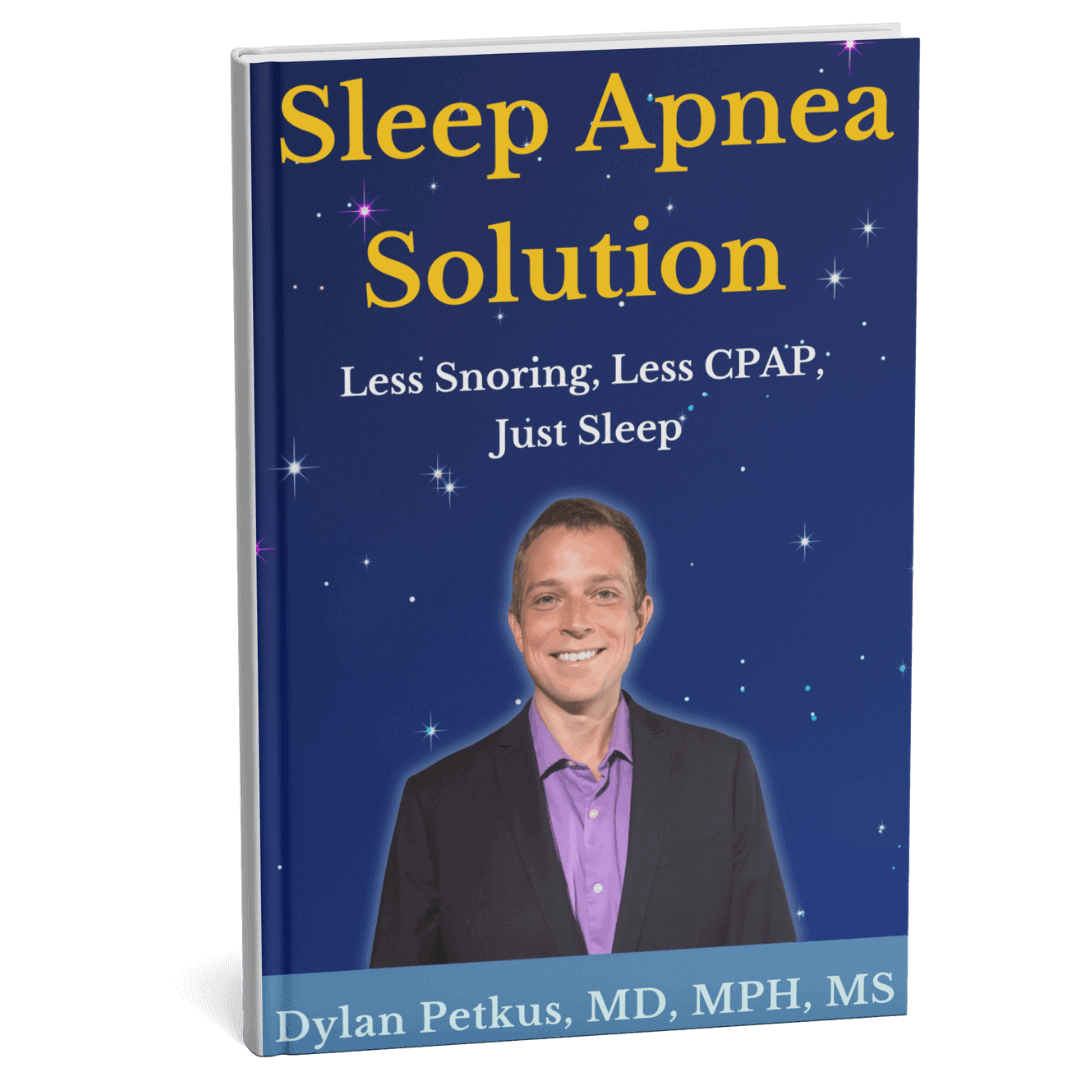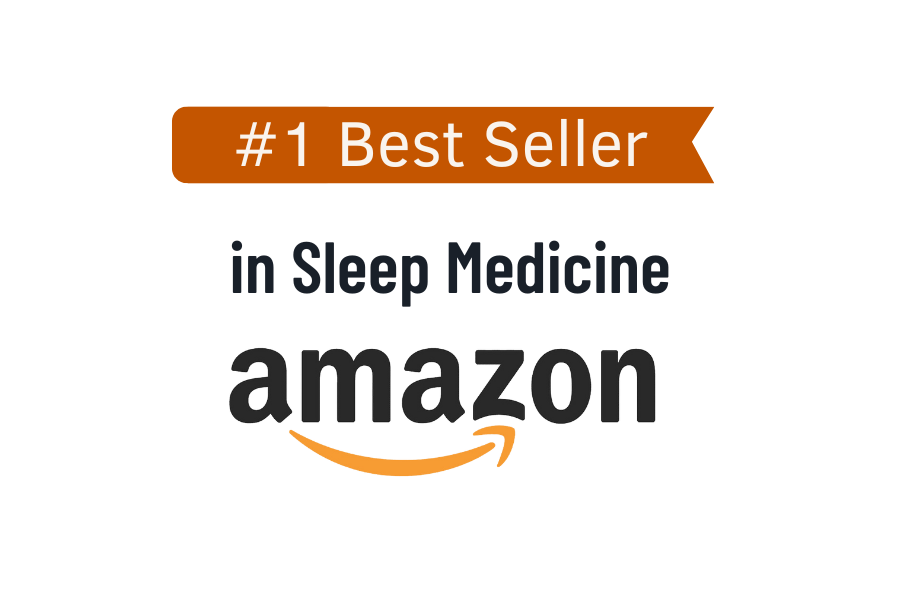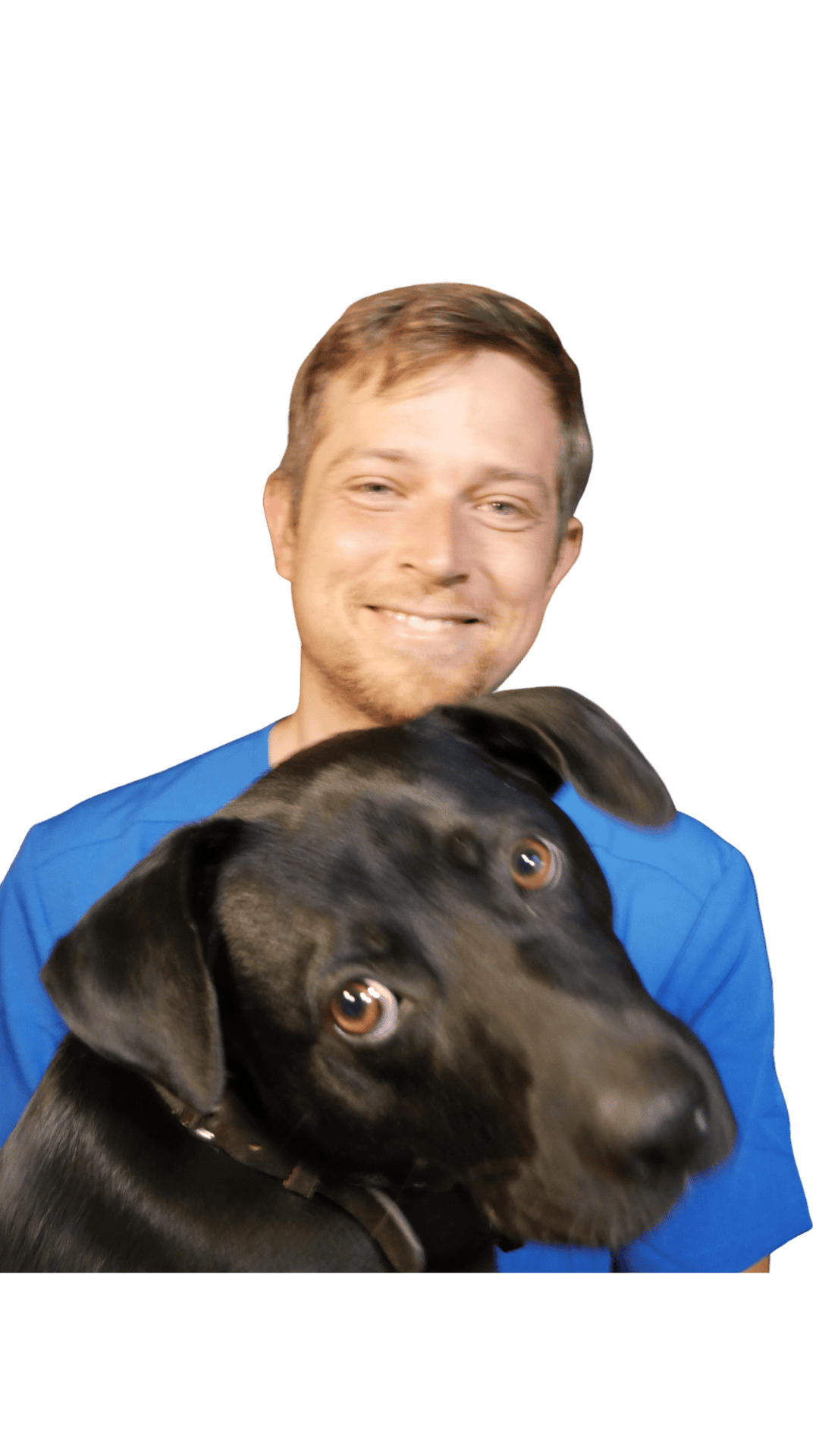Did you know that one in five adults in the United States struggle with sleep apnea? According to the National Council on Aging, roughly 33,000,000 Americans also use a Continuous Positive Airway Pressure (CPAP) machine to assist their breathing when they sleep.
Many people wear mouthpieces or mouthguards to get better sleep when they’re battling jaw pain, sleep apnea, or other conditions. When it comes to sleep apnea, the Cleveland Clinic says mouthpieces may not be as effective as a CPAP machine but can still improve symptoms. This option is recommended for those dealing with mild to moderate sleep apnea.
Issues With Sleep Machines and Devices
Machines and devices for sleep apnea can make sleeping difficult due to the noise they make or their awkward shape. A sleep machine is certainly not fun for you or anyone else in the room with you. It can also be exceptionally difficult to go on vacation with a bulky machine or mouthpiece.
What if there was a natural sleep apnea resource you could try? Breathing exercises, prioritizing good nutrition, and looking at environmental factors might be a game-changing solution for you.
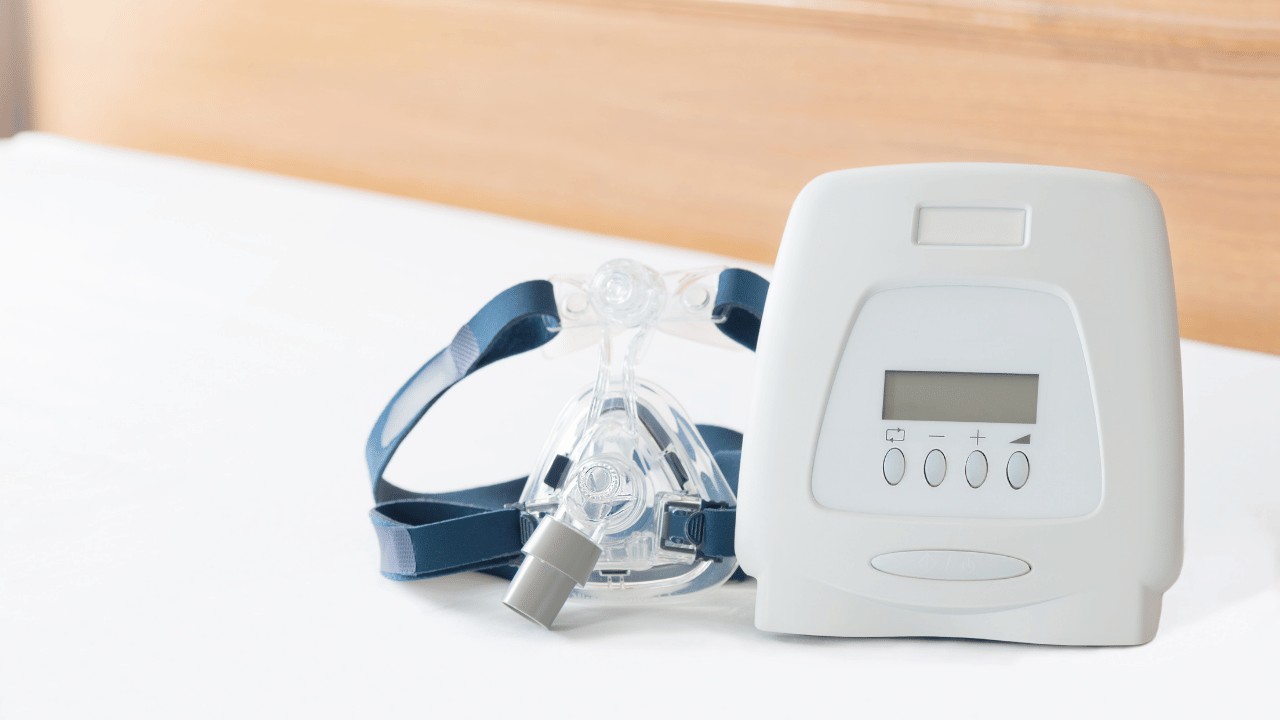
Signs of Sleep Apnea
Sleep apnea is a potentially dangerous sleeping disorder. If you want to find out how to know If you have sleep apnea, here’s what to look for:
- Snoring
- Morning headache
- Excessive daytime sleepiness
- You stop breathing
- Choking or gasping while sleeping
- Restlessness
- Insomnia
If you’re dealing with any of these symptoms, you may want to discuss the situation with your doctor and explore a sleep study.
You may also be wondering, is sleep apnea genetic? Healthline reports people may be more likely to develop the disorder if another family member has it. However, lifestyle choices can also play a role in its development and severity.
The Pros and Cons of a Sleep Apnea Mouthpiece
Medical experts say using a mouthpiece can be beneficial in more ways than one. It can improve some symptoms like daytime sleepiness and concentration issues, cut down on snoring, and promote less disruptive sleep. It is also very portable.
However, they also say it could impact your bite, cause you to produce more spit, cause jaw pain or dry mouth, and irritate your gums.
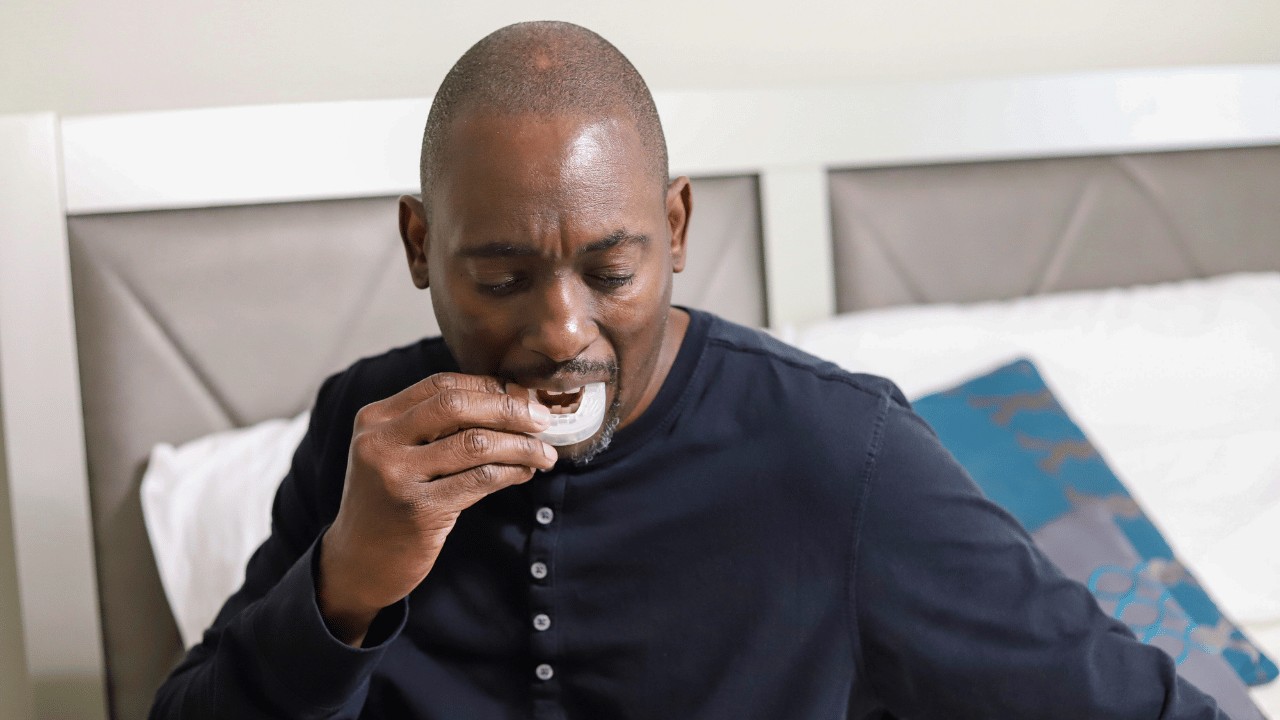
Can Anyone Use a Sleep Apnea Mouthpiece?
While sleep apnea mouthpieces may be beneficial for some people, they aren’t for everyone. Here’s who the Cleveland Clinic says shouldn’t use one:
- Children
- Those with central sleep apnea
- Those with severe obstructive sleep apnea
Our Natural Sleep Apnea Approach
If you’re looking for a more natural sleep apnea approach, check out our ebook, Sleep Apnea Solution, by Dr. Dylan Petkus. This book can show you how to potentially promote healthier nighttime breathing and help you wake up feeling more rested.
Dr. Petkus struggled with sleep apnea himself and once used a CPAP machine to address the problem. However, he saw his best sleep results after he focused on boosting his natural breathing at night. Because of this, he approaches sleep apnea from a different angle. Instead of relying on mouthpieces, CPAP machines, and restrictive diets, he suggests enhancing natural sleep through simple breathing adjustments.

Want to know more? Dive into the Sleep Apnea Solution book!

